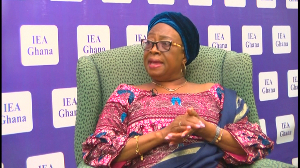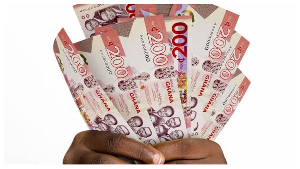The government of South Korea is supporting Ghana to develop the necessary policies to achieve the Ghana Beyond Aid agenda, South Korean Ambassador to Ghana, Mr Kim Sungsoo, has said.
He mentioned technical support as one main priority the South Korean government has adopted to accomplish the realisation of President Akufo-Addo’s vision of achieving macro-economic stability and economic growth.
“We are supporting the Ghana government to develop the policies to achieve the Ghana Beyond Aid vision. Another area is sharing knowledge on how South Korea moved from donor situation to an independent economy state,” the Ambassador said.
Mr Sungsoo said this on Saturday in Accra, at the South Korea Hansik food contest, aimed at exposing Korean culture to Ghanaians, as part of South Korea Week celebrations.
Participants, who were selected Ghanaians, exhibited South Korean cooking skills as part the three-day celebration. Other activities for the celebration, included South Korea quiz and movie show.
Mr Sungsoo described the President’s vision of moving Ghana beyond aid, as a bold step in the right direction that demanded the collaboration and support of all economic players.
He said South Korea adopted the same programme, which saw their economy striving to become one of the best in the world.
The Ambassador said a developing nation such as Ghana must be commended for taking such bold initiatives to change all aspects of lives, especially in the structure of the economy, the nature of infrastructure, the education of young people and acquisition of skills.
He was hopeful the competitive policies of the Ghana Beyond Aid programme would generally facilitate entrepreneurial activities and business development to safeguard Ghanaian businesses.
Mr Sungsoo said the Ghana Beyond Aid vision would be swiftly successful when the businesses communities, especially the Trade Unions adopt the vision.
He said the South Korean government, through its agencies and the embassy, had supported Ghana to develop policies and skills to expand the agriculture sector, and further mentioned health and education as other areas they had supported towards Ghana’s development.
General News of Monday, 11 November 2019
Source: 3news.com

















